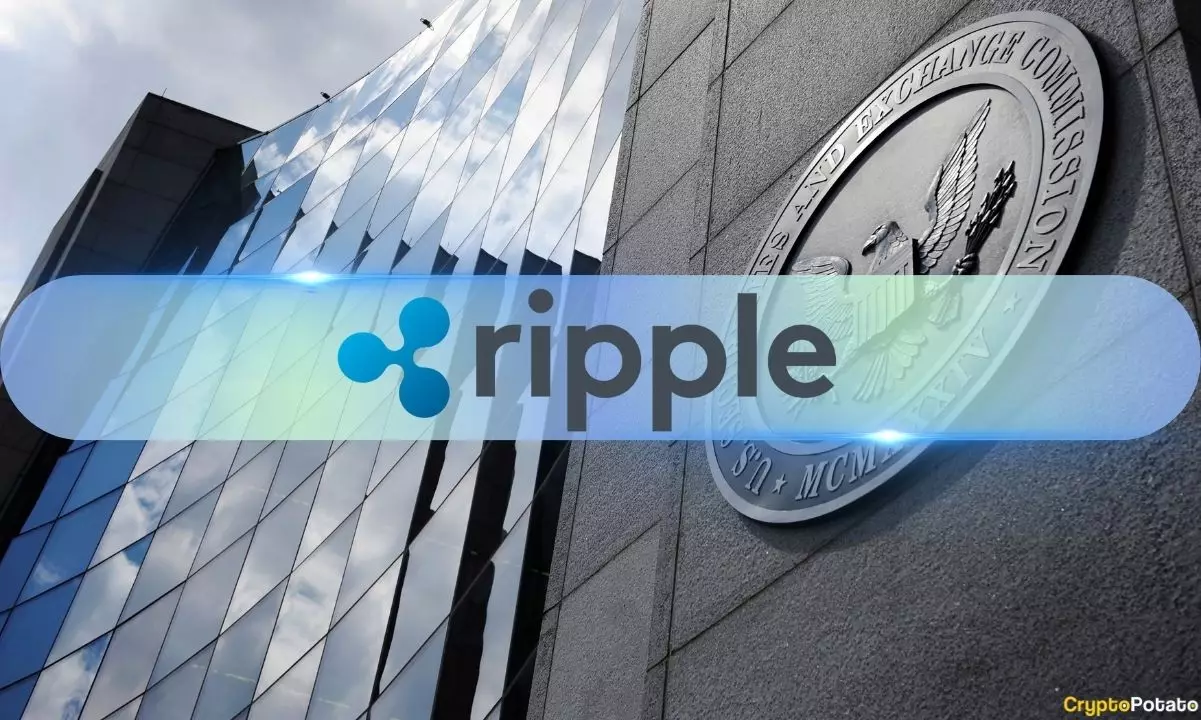The recent filing by Bitwise for an XRP exchange-traded fund (ETF) marks a pivotal moment in the advancement of institutional investment in Ripple’s cryptocurrency. This announcement, initially reported by Fox Business journalist Eleanor Terrett, showcases the growing interest among institutional players in integrating digital currencies into mainstream financial instruments. Bitwise’s establishment of an XRP ETF trust entity in Delaware signals a potential shift in regulatory attitudes and investment strategies surrounding cryptocurrencies, particularly XRP.
The excitement around this development was amplified when Bitwise’s Chief Investment Officer, Matt Hougan, confirmed the authenticity of the filing. His remarks lend credibility to what could become a significant turning point for XRP, particularly in the context of its ongoing classification issues with the U.S. Securities and Exchange Commission (SEC). Market analysts from diverse institutions, including Eric Balchunas of Bloomberg, have affirmed the legitimacy of this filing, suggesting it stands apart from previous controversies that have plagued the crypto market.
However, it is essential to recognize that the registration of the XRP ETF does not guarantee immediate submission to the SEC. The landscape for cryptocurrency ETFs remains murky due to a myriad of regulatory challenges, and a pathway to approval is far from assured. The SEC’s history of rejecting spot ETF proposals, coupled with its ongoing litigation against Ripple regarding the classification of XRP, poses notable challenges that could delay or hinder the ETF’s approval process.
The SEC is currently engaged in a critical legal battle concerning XRP’s status, a situation that is likely to significantly influence future ETF pursuits tied to the cryptocurrency. The impending deadline for the SEC to appeal District Judge Analisa Torres’s ruling, which favored Ripple’s position on the sale of XRP, looms large over the market. The complexities of these legal maneuvers create an environment of uncertainty where regulatory outcomes will have profound implications for both existing and prospective investors.
Moreover, industry experts have speculated on the strategic nature of Bitwise’s filing. Nate Geraci, a recognized ETF analyst, posits that the timing of this endeavor might be intertwined with the broader political landscape, particularly in light of the upcoming U.S. elections. A potential shift in government, such as a Trump presidency, could pave the way for more lenient regulatory frameworks favoring cryptocurrencies like XRP, thereby accelerating the acceptance of ETF structures rooted in digital assets.
As this narrative unfolds, investors and crypto enthusiasts must stay vigilant. The intersection of law, policy, and market sentiment suggests that developments in the political realm could shape the trajectory of digital asset investments. While the Bitwise XRP ETF filing represents a step forward, the path to actual implementation remains fraught with challenges. Stakeholders must consider both the opportunities and risks posed by such regulatory environments as they navigate this evolving landscape.
Bitwise’s XRP ETF filing is a noteworthy development that could redefine institutional investment in cryptocurrencies. While the excitement is palpable, a cautious approach is prudent as the market braves uncharted waters ahead.

